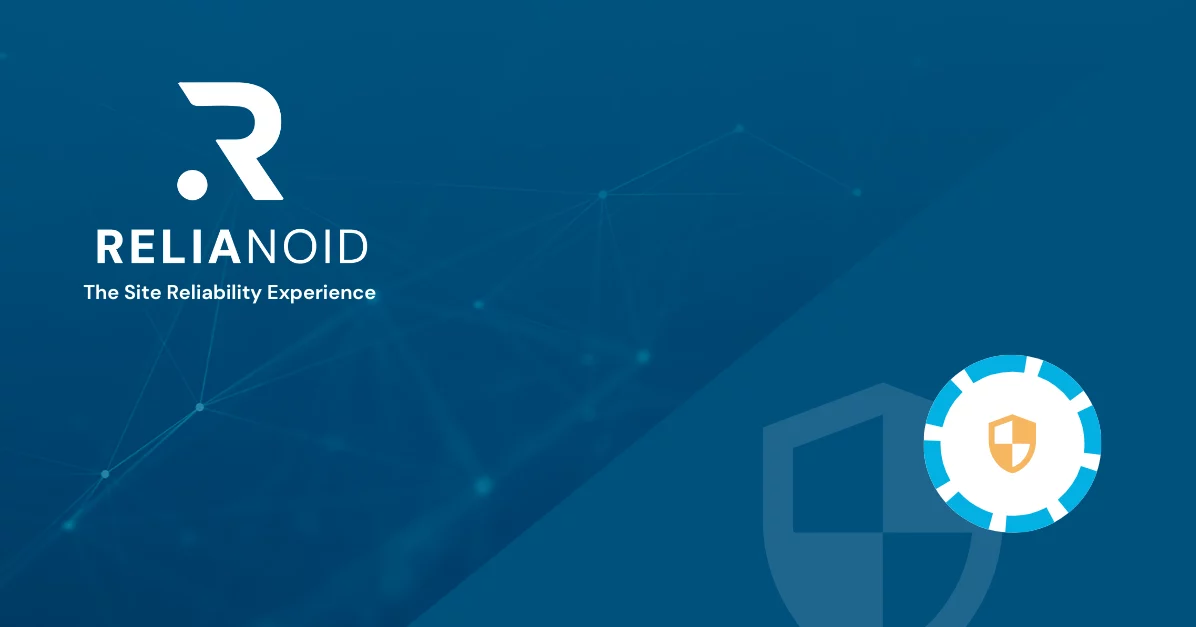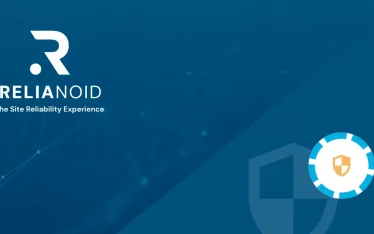Recent incidents, such as the hijacking of accounts belonging to Google-owned security firm Mandiant, serve as stark reminders of the importance of robust security measures, particularly Multi-Factor Authentication (MFA).
A review of the attack
Mandiant’s investigation into the compromise of its X account sheds light on the vulnerability posed by relying solely on passwords for account protection. The incident, attributed to a successful brute-force password attack, underscores the critical role that MFA could have played in thwarting such unauthorized access. However, due to factors such as policy changes and transitions within the organization, MFA was not implemented, leaving the account exposed.
Critical role of MFA
The significance of MFA cannot be overstated. Unlike traditional password-based authentication, which relies solely on something the user knows, MFA adds an extra layer of security by requiring additional verification factors, such as something the user has (e.g., a smartphone or security key) or something the user is (e.g., biometric data). By combining multiple factors, MFA significantly enhances the security posture of online accounts, making them less susceptible to various forms of cyber attacks, including brute-force attacks and phishing scams.
One of the key findings from Google’s data underscores the effectiveness of MFA, particularly in mitigating automated attempts to hijack accounts and phishing attacks. Even the least-effective form of MFA, such as SMS-based authentication, has been shown to block a significant percentage of these threats. This highlights the importance of encouraging users to adopt MFA and choose more secure options, such as app-based authentication or security keys, over SMS-based methods, which are vulnerable to exploits like SIM swapping.
More information about understanding Multi Factor Authentication can be useful to gather knowledge about the uses in our organization.
Current users trend
Despite the clear benefits of MFA, adoption rates remain relatively low, as evidenced by the low percentage of users enabling any form of 2FA on their accounts. Human tendencies to avoid additional steps or perceived inconvenience play a significant role in this reluctance. However, the consequences of not implementing MFA can be severe, as demonstrated by the increasing prevalence of cryptocurrency scams and other cyber threats targeting unsuspecting users.
Consequences of MFA missing
The rise of scams like the CLICKSINK drainer-as-a-service (DaaS) further underscores the urgency of bolstering digital security measures. These sophisticated attacks leverage social engineering tactics and exploit vulnerabilities in users’ behavior to siphon digital assets, including cryptocurrencies and NFTs, from unsuspecting victims. By targeting owners of rapidly appreciating tokens and capitalizing on the allure of free crypto offerings, these scams have become increasingly lucrative for cybercriminals.
Seamless Multi-Factor Authentication
RELIANOID is making waves in the cybersecurity realm with the unveiling of its latest innovation: Multi-Factor Authentication (MFA) integrated into the Enterprise Load Balancer v8.0 . This groundbreaking feature, seamlessly integrated within the IPDS (Intrusion Prevention and Detection System) subsystem, promises enhanced security for every farm service defined within the load balancer solution.
What sets RELIANOID’s MFA apart is its effortless integration, designed to be agnostic of the web application environment. This means organizations can easily implement robust authentication measures without the hassle of intricate configurations or application-specific setups. With RELIANOID’s MFA solution, enhancing security is now a streamlined process that doesn’t disrupt existing workflows or user experience.
At the core of RELIANOID’s MFA is the generation of a unique token per service, adding an additional layer of defense against unauthorized access attempts. This token-based approach ensures that each service within the load balancer solution is fortified with an extra authentication barrier, enhancing overall security posture.
Moreover, RELIANOID’s MFA solution boasts unparalleled flexibility in authentication protocols. Organizations can seamlessly integrate MFA with a variety of authentication mechanisms, including LDAP (Lightweight Directory Access Protocol), Active Directory (AD), RADIUS (Remote Authentication Dial-In User Service), and other third-party authenticators. This versatility ensures compatibility with diverse authentication infrastructures, catering to the specific needs of every organization.
Here are some examples of authentication factors that can be integrated with RELIANOID’s MFA solution:
Knowledge Factor: Users authenticate themselves based on something they know, such as a password or PIN. This traditional form of authentication remains a cornerstone of security measures.
Possession Factor: Authentication relies on something the user possesses, such as a smartphone or hardware token. This factor adds an extra layer of security by requiring physical possession of a device.
Inherence Factor: Users authenticate themselves based on inherent biological traits, such as fingerprint or facial recognition. Biometric authentication offers a seamless and secure user experience.
Location Factor: Authentication is contingent upon the user’s geographic location, typically verified through GPS or IP geolocation. Access may be granted or denied based on predefined location parameters.
Time Factor: Authentication factors in the current time or time-based tokens. Users may only access services within designated timeframes, enhancing security by restricting access during specific periods.
With the integration of these authentication factors, RELIANOID empowers organizations with a comprehensive security framework tailored to their specific requirements. Whether safeguarding critical applications, sensitive data, or privileged systems, RELIANOID’s MFA solution sets a new standard in seamless and secure authentication.
In a landscape fraught with evolving cybersecurity threats, RELIANOID remains committed to providing organizations with cutting-edge solutions that prioritize security without compromising usability. With the introduction of MFA in Enterprise Edition v8.0, RELIANOID continues to lead the charge in fortifying digital assets against emerging risks, ensuring peace of mind for organizations and users alike.
Get in contact with our experts team and enjoy the Site Reliability Experience!




